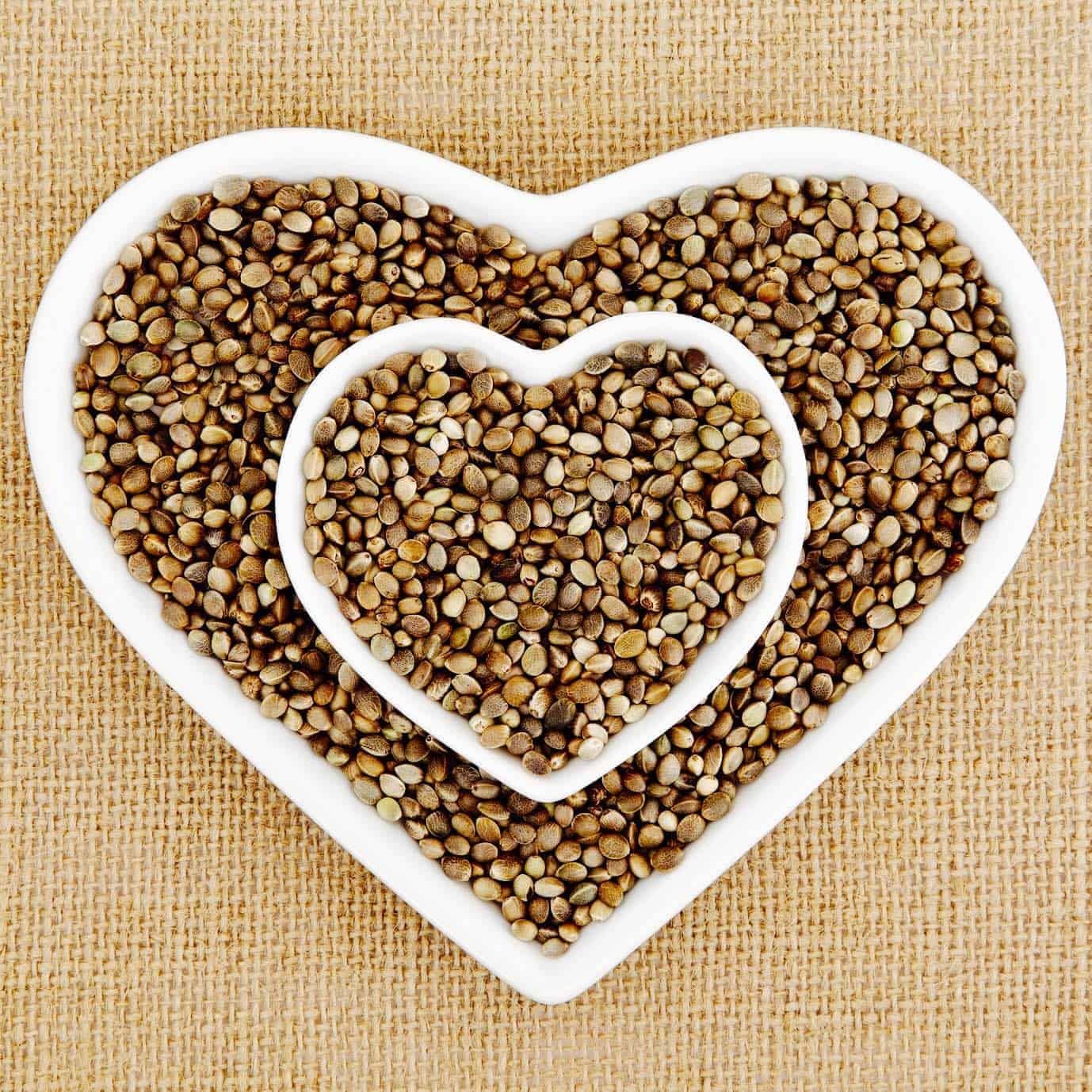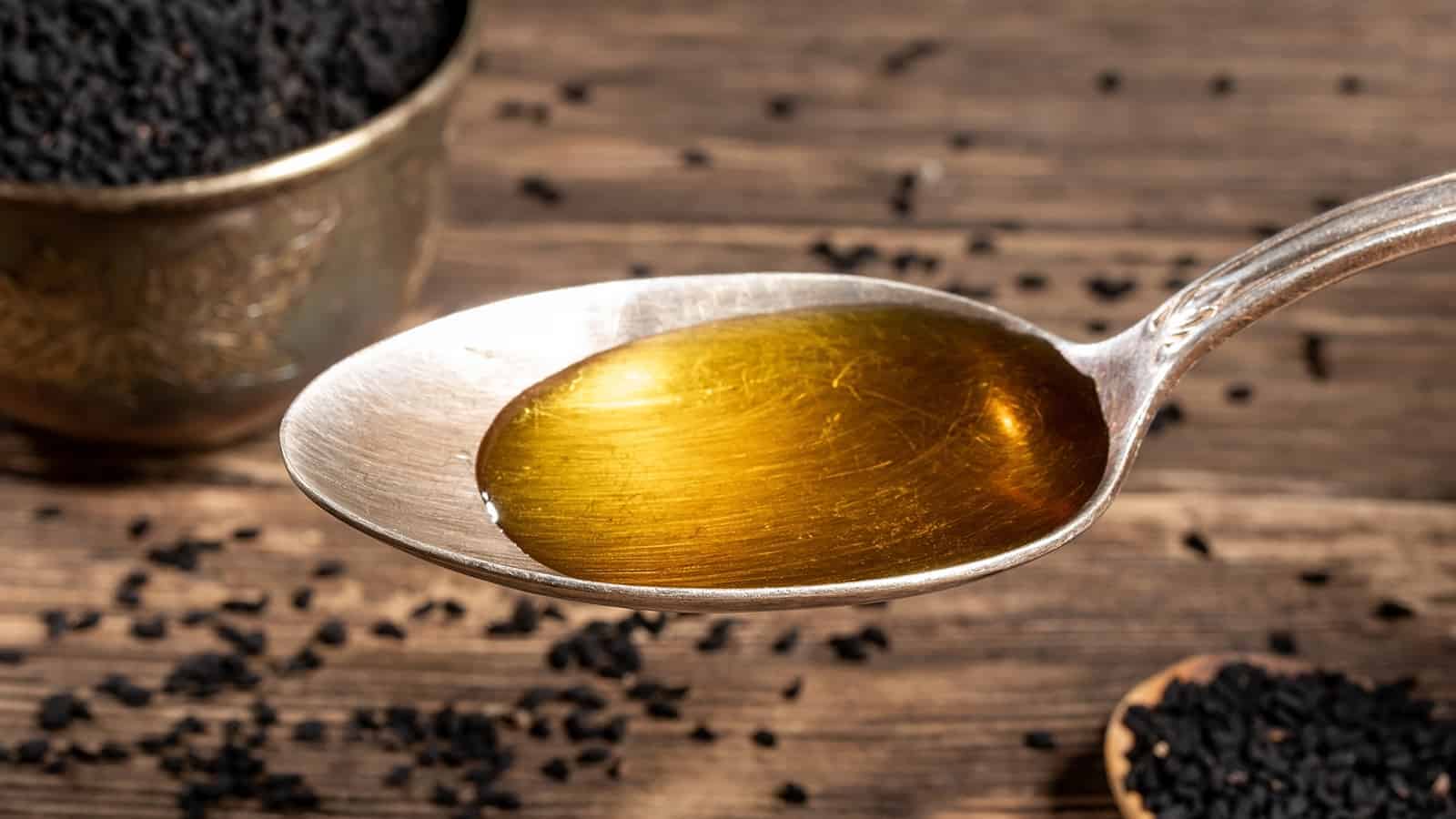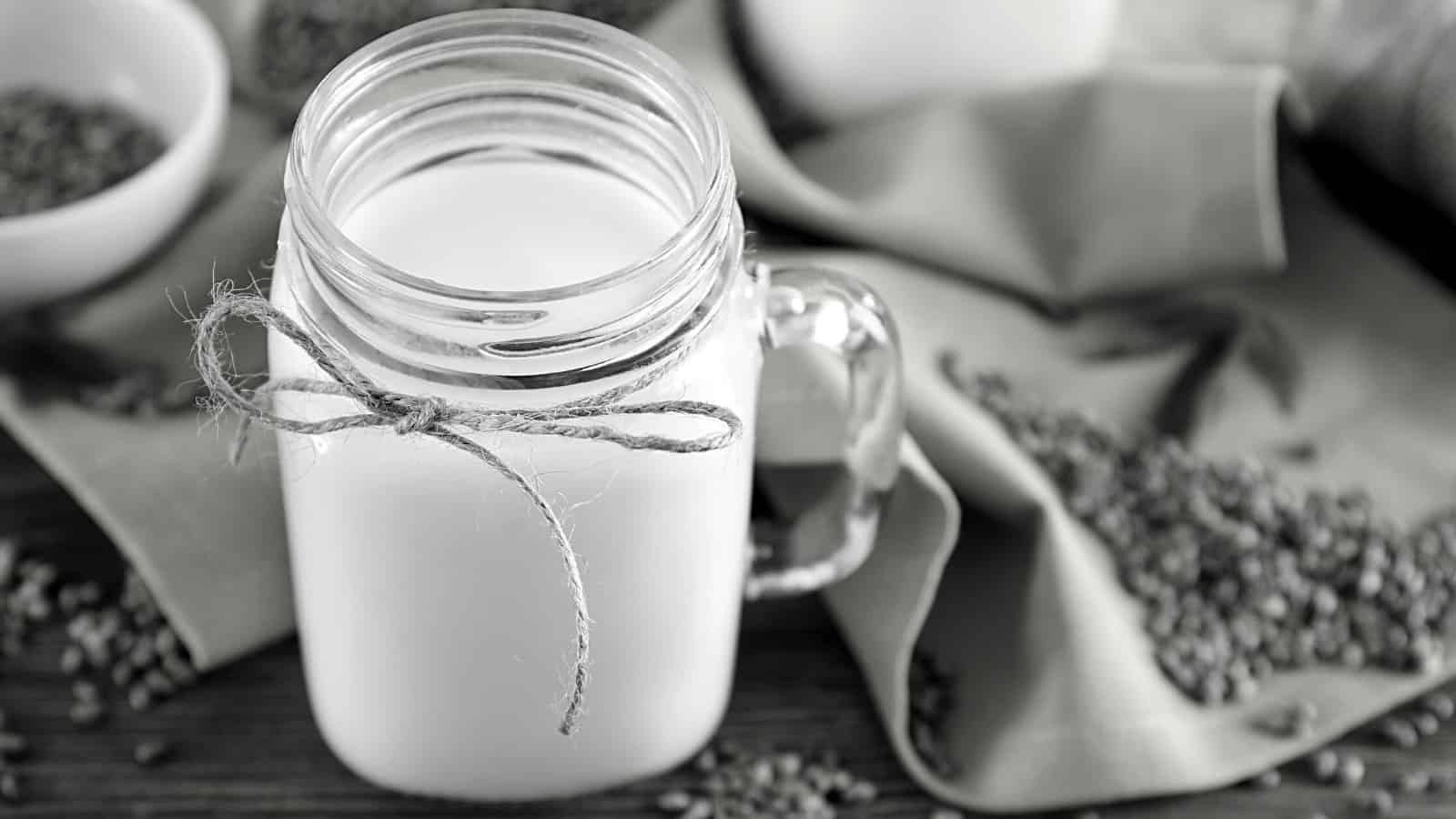Grocery stores all over the world are stocking massive amounts of hemp seeds. This non-psychotropic seeds of the cannabis plant will give you a big health high, but not a THC high. Regardless of not getting high off of them, they are making a huge comeback in healthy eating and holistic health. The variety of hemp that is grown for agricultural purposes has very little of the chemical compound that makes you feel high, and what little there is gets removed during processing.
Hemp seeds and the oil produced from cold-pressing them contain a unique fatty acid profile. They have ab excellent content of omega-3 and omega-6 fatty acids. This combination of essential fatty acids have a positive impact on our health in many ways.
They contain a protein similar to that found in egg whites. Albumin and edestin are the two primary proteins,, and both are rich in the amino acids that are essential to our health. As such, they are a great protein source for vegetarians and vegans.
Here is a quick look at the nutrition found in hemp seeds.
Nutritional values in milligrams per 100 gram serving of hemp seeds:
- Vitamin E 90.0
- Thiamine 0.4
- Riboflavin 0.1
- Phosphorous 1160
- Potassium 859
- Magnesium 483
- Calcium 145
- Iron 14
- Sodium 12
- Manganese 7
- Zinc 7
- Copper 2
Hemp seeds also give us carbohydrates for energy, and are a good source of both soluble and insoluble fiber for digestion.
6 Reasons You Need to Eat Hemp Seeds
Hemp seeds lend a nutty flavor to your favorite dishes and can also give you several significant health benefits. Here are 6 good reasons you should eat hemp seeds in your diet.
1. Lower cholesterol
The polyunsaturated fat and linoleic acid can help reduce the bad cholesterol and increase levels of good cholesterol in our blood. A higher total cholesterol to HDL cholesterol ratio is associated with coronary heart disease and is especially unhealthy following a heart attack. One study showed that healthy individuals who added hemp seeds to their diet for 4 weeks had a lower total to HDL cholesterol ratio.
2. Lower blood pressure
Results reported by The International Study of Macro-Micronutrients and Blood Pressure, a study that included over 4500 people, suggested that linoleic acid in the diet may contribute to prevention and control of high blood pressure. Hemp seeds are a good source of linoleic acid in your diet.
3. Reduce atherosclerosis
Hemp seeds contain high levels of omega-3 and omega-6 fatty acids. Both of these fatty acids have had healthy effects by decreasing blood levels of Tumor Necrosis Factor (TNF). TNF causes inflammation and kills certain healthy cells in our bodies. Flax seeds have been shown to have beneficial effects for reducing atherosclerosis in animal studies so the same should be true for hemp seeds.
4. Coronary heart disease
Some studies have shown reductions in coronary risk with the use of a diet that is rich in linoleic acid. This product gives us a good source of dietary linoleic acid so we can help to reduce our risk of coronary heart disease by eating hemp seeds.
5. Immune system benefits
The fatty acids in the oil are similar to that of black currant seed oil, which also seems to have a beneficial impact on immune system health. People who use hemp seed oil have reported that it has helped with many illnesses. For example, the oil may help heal minor cuts and burns, helps recover from the flu faster, helps with allergic symptoms and inflammatory diseases like arthritis.
6. Skin health
We have been using plant-based oils to hydrate and nourish our skin for centuries. Keeping your skin moist helps prevent the signs of premature aging. Some organic cosmetic companies have started adding the oil to their lotions, lip balms and skin treatment creams. Hemp seed oil can also be used alone as a massage oil. Applying the oil to the skin will add moisture and won’t clog pores.
As a skin treatment, this product can help patients with eczema and acne. However, the improvements came after patients ate hemp seed oil as a supplement to their diet rather than applying it to their skin. These improvements were most noticeable after eight weeks of consistent use of hemp seed oil in their diet.
If you’re wondering how to start adding hemp seeds to your cooking, you can find some tasty recipes through this link. Shelled hemp seeds can be eaten raw and they have a similar taste to sunflower seeds but are less crunchy. You can sprinkle them on a salad for added texture and flavor. You can also find toasted hemp seeds.
Finally, look for a high-quality cold-pressed and unrefined oil at your natural food grocery store. You can use the oil for salad dressing and it will lend a fresh, nutty flavor to your food. Cooking with the oil is not recommended as the heat can breakdown some of the beneficial compounds in the cooking process. So go ahead–add these seeds to the grocery list!



















